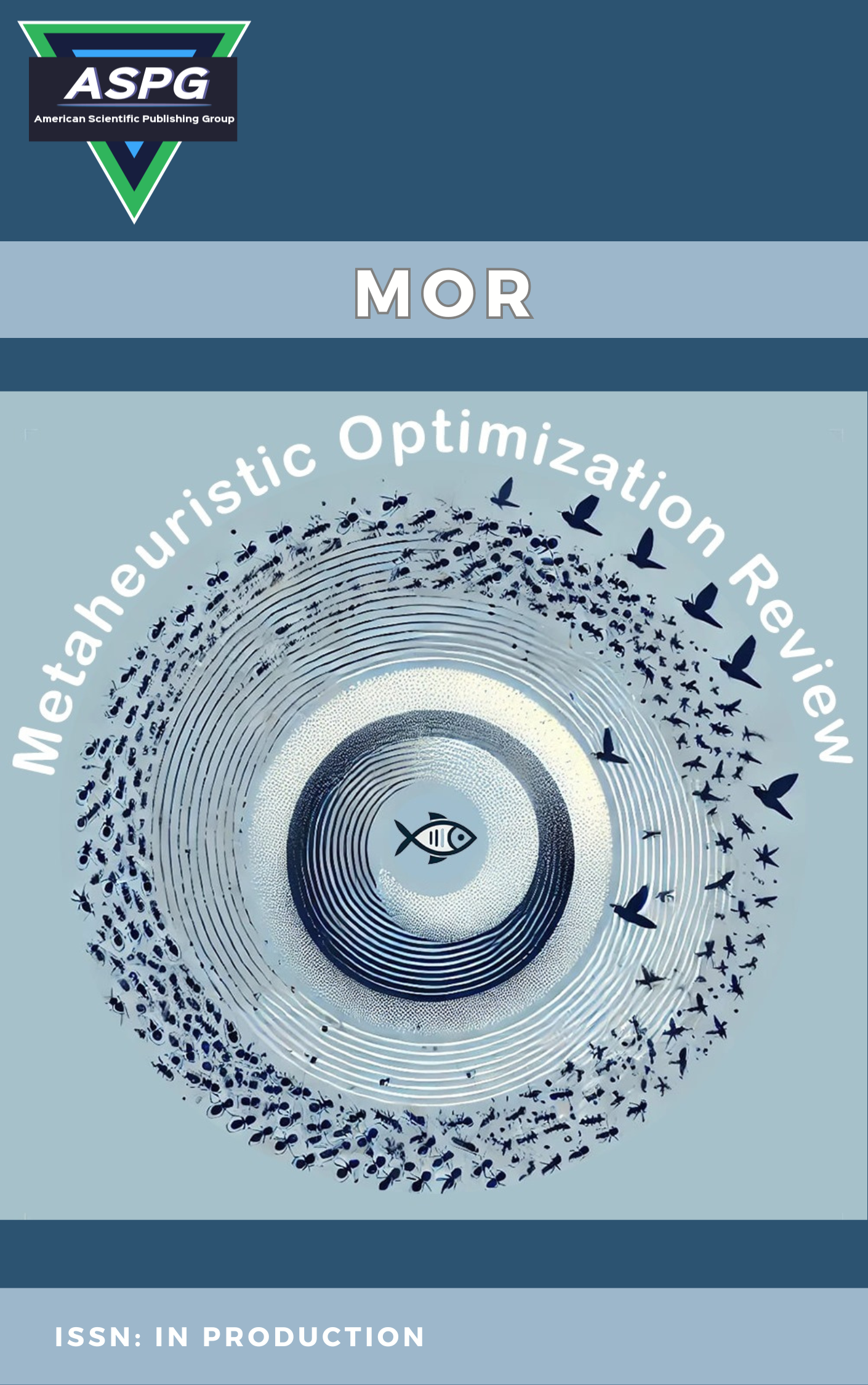

Volume 3 , Issue 1 , PP: 01-11, 2025 | Cite this article as | XML | Html | PDF | Full Length Article
Aya Ebrahim 1 * , Asmaa H. Rabie 2 , El-Sayed M. El-Kenawy 3 , Hossam El-Din Moustafa 4
Doi: https://doi.org/10.54216/MOR.030101
Today, new Artificial Intelligence (AI) techniques are utilized to help doctors forecast the occurrence of diseases because of the necessity of sustaining public health and early disease diagnosis. One significant kind of liver damage is liver cirrhosis, which typically results from long-term liver damage brought on by a variety of liver conditions and diseases, including hepatitis, persistent alcoholism, or heredity. We created this review to provide an overview of liver cirrhosis since it is essential to identify it early and prevent the damage from spreading throughout the liver tissues. In order to identify liver cirrhosis from biomedical markers rather than images, this study has recently conducted nine studies overlaying it with various artificial intelligence deep learning techniques. Our suggested approach used various Machine Learning (ML) models to predict the signs of cirrhosis in conjunction with other illnesses. Because this condition is so important, it is important to summarize these studies based on the methodology and findings of detection accuracy and precision.
Liver Cirrhosis , artificial intelligence , deep learning , Optimization algorithms.
[1] Dickson, E., Grambsch, P., Fleming, T., Fisher, L., & Langworthy, A. (2023). Cirrhosis patient survival prediction. UCI Machine Learning Repository. https://doi.org/10.24432/C5R02C5R02G.
[2] Chen, Y.-Y., Lin, C.-Y., Yen, H.-H., Su, P.-Y., Zeng, Y.-H., Huang, S.-P., & Liu, I.-L. (2022). Machine-learning algorithm for predicting fatty liver disease in a Taiwanese population. Journal of Personalized Medicine, 12(7), Article 1026. https://doi.org/10.3390/jpm12071026.
[3] de Mello, M. L., de Oliveira, J. C. L., de Souza, M. C., & de Almeida, H. M. (2018). Predictive modeling of fatty liver disease using machine learning techniques. Journal of Biomedical Informatics, 83, 188-196. https://doi.org/10.1016/j.jbi.2018.05.017
[4] Zemouri, R., Zerhouni, N., & Racoceanu, D. (2019). Deep learning in the biomedical applications: Recent and future status. Applied Sciences, 9(15), 1526. https://doi.org/10.3390/app9081526.
[5]Sun, S., Cao, Z., Zhu, H., & Zhao, J. (2020). A survey of optimization methods from a machine learning perspective. IEEE Transactions on Cybernetics, 50(8), 3668-3681. https://doi.org/10.1109/TCYB.2019.2950779
[6] Kamath, S. K., Pendekanti, S. K., & Rao, D. (2024). LivMarX: An optimized low-cost predictive model using biomarkers for interpretable liver cirrhosis stage classification. IEEE Access, 12, 92506–92522. https://doi.org/10.1109/ACCESS.2024.3422451
[7] Badvath, D., Miriyala, A. S., Gunupudi, S. C. K., & Kuricheti, P. V. K. (2024). ONBLR: An effective optimized ensemble ML approach for classifying liver cirrhosis disease. Biomedical Signal Processing and Control, 89, 105882. https://doi.org/10.1016/j.bspc.2023.105882
[8] Ali, D. S., & Aljabery, M. A. (2024). Predicting liver cirrhosis stages using Extra Trees, Random Forest, and SVM with data mining techniques. Informatica, 48(21), 15–26. https://doi.org/10.31449/inf.v48i21.6752
[9]Choi, Y.-S., & Oh, E. (2024). Investigating machine learning-based algorithms for liver cirrhosis prediction. Advances in Engineering and Intelligence Systems, 3(1), 117-126. https://aeis.bilijipub.com
[10]Alotaibi, A., Alnajrani, L., Alsheikh, N., Alanazy, A., Alshammasi, S., Almusairii, M., Alrassan, S., & Alansari, A. (2023). Explainable ensemble-based machine learning models for detecting the presence of cirrhosis in hepatitis C patients. Computation, 11(6), 104. https://doi.org/10.3390/computation11060104
[11] Utku, A. (2023). Deep learning based cirrhosis detection. Operational Research in Engineering Sciences: Theory and Applications, 6(1), 95-114. https://doi.org/10.31181/oresta/060105Utku/Oper.
Res. Eng. Sci. Theor. Appl. 6(1)2023 95-114
[12] Arya, G., Bagwari, A., Saini, H., Thakur, P., Rodriguez, C., & Lezama, P. (2023). Explainable AI for enhanced interpretation of liver cirrhosis biomarkers. IEEE Access, 11, 123729-123745. https://doi.org/10.1109/ACCESS.2023.3329759
[13] Güneş, O. M., Kasap, P., & Çorba Zorlu, B. S. (2023). The comparison of machine learning classification algorithms used to diagnose liver cirrhosis disease and a brief review. Concurrency and Computation: Practice and Experience, 35, e7628. https://doi.org/10.1002/cpe.7628
[14] Ganty, J., Wajiga, G. M., Malgwi, Y. M., & Maidabara, A. H. (2022). A diagnostic model for the prediction of liver cirrhosis using machine learning techniques. Computer Science & IT Research Journal, 3(1), 36-51. https://doi.org/10.51594/csitrj.v3i1.296
[15] https://www.kaggle.com/code/varshaakshir/liver-cirrhosis-prediction/input
[16] Fedesoriano. (Aug. 2021). Cirrhosis Prediction Dataset. [Online]. Available: https://www.kaggle.com/fedesoriano/cirrhosis-prediction-dataset